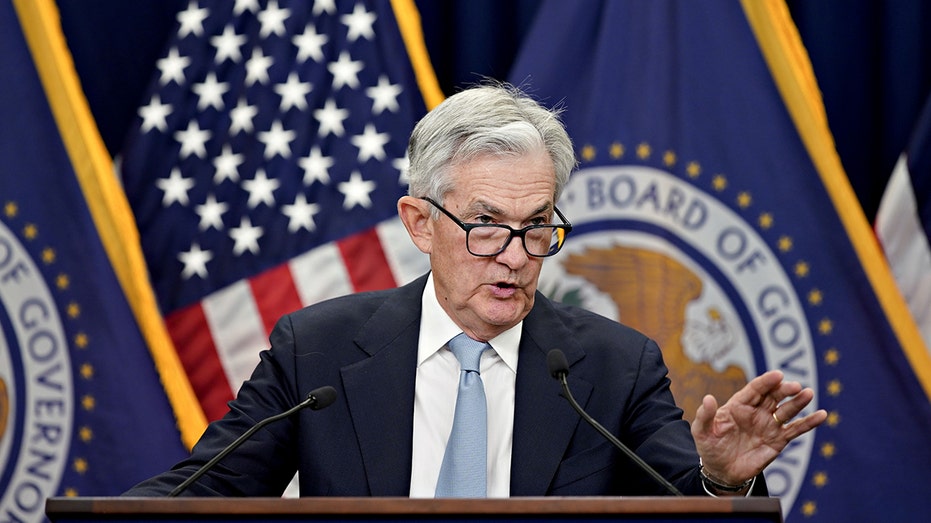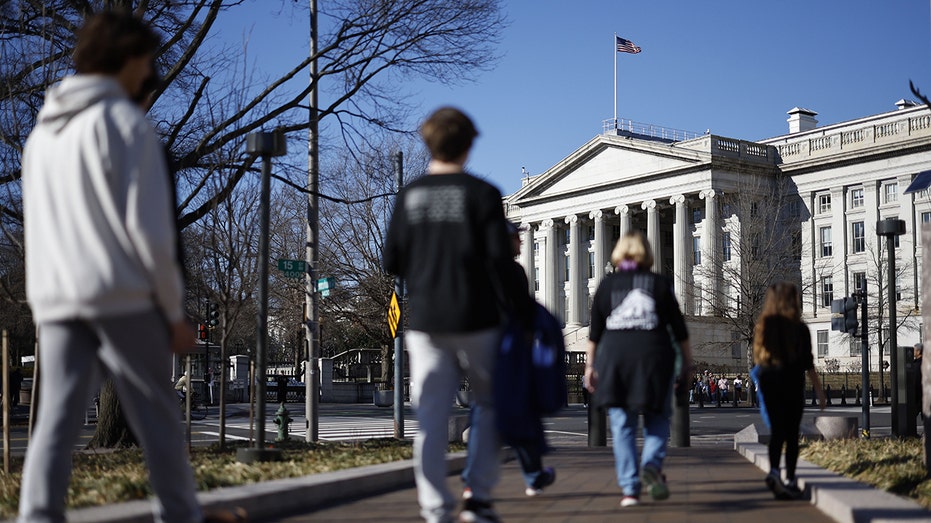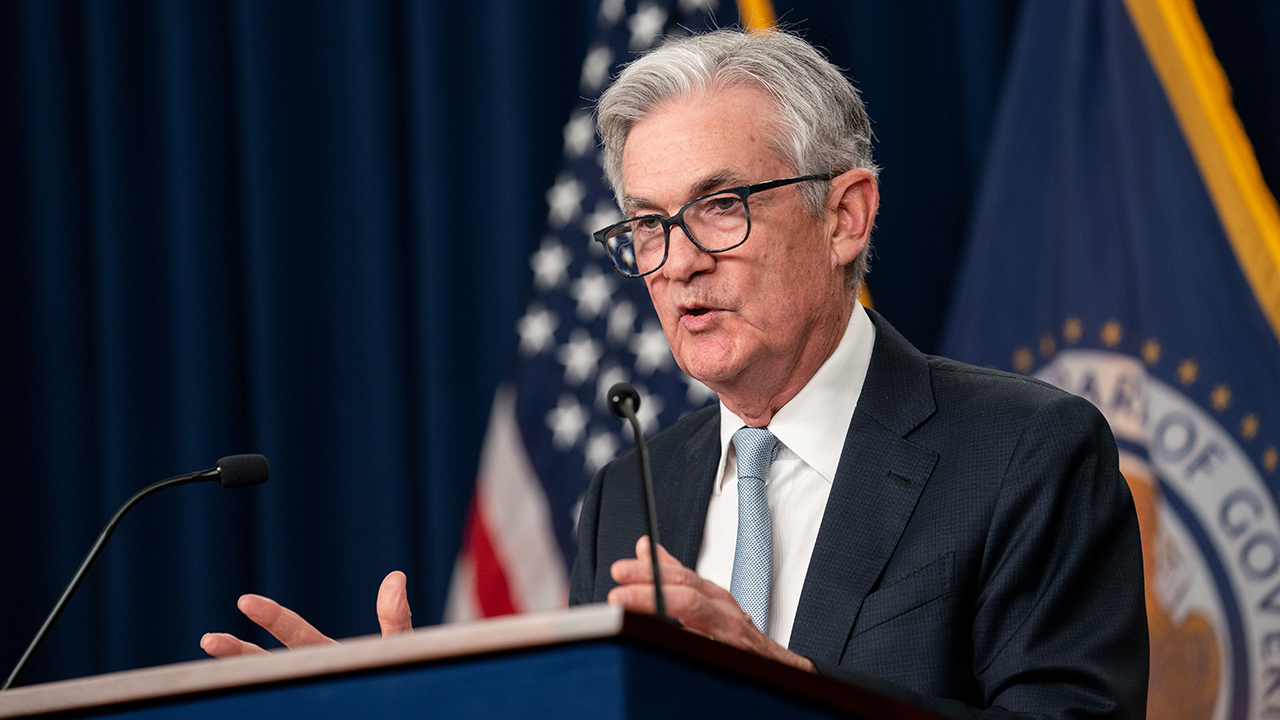Fed's Powell says inflation data this year shows a 'lack of progress'
Powell: It's taking 'longer than expected' for inflation to reach Fed's 2% goal
Jerome Powell may not give Wall Street what it wants, analyst warns
Palumbo Wealth Management founder and CEO Philip Palumbo suggests how investors can build a sound portfolio on 'The Claman Countdown.'
Federal Reserve Chair Jerome Powell on Tuesday said it is likely that inflation will take "longer than expected" to reach the central bank's 2% target, casting fresh doubt on when policymakers may cut interest rates this year.
Powell cited the string of inflation reports during the first three months of the year that showed progress had largely stalled on inflation.
"More recent data shows solid growth and continued strength in the labor market, but also a lack of further progress so far this year on returning to our 2% inflation goal," the Fed chief said during a panel discussion.
JAMIE DIMON WARNS INFLATION, INTEREST RATES MAY REMAIN ELEVATED

Federal Reserve Chair Jerome Powell speaks during a news conference following a Federal Open Market Committee meeting in Washington, D.C., on March 22, 2023. (Photographer: Al Drago/Bloomberg via Getty Images / Getty Images)
Policymakers have raised interest rates sharply over the past two years, approving 11 rate increases in the hopes of crushing inflation and cooling the economy. In the span of just 16 months, interest rates surged from near zero to above 5%, the fastest pace of tightening since the 1980s. Fed officials are now grappling with when they should take their foot off the brake.
Powell said Tuesday that policymakers will "maintain the current level of restriction for as long as needed" until price pressures are tamed.
401(K) 'HARDSHIP' WITHDRAWALS SURGE TO ANOTHER RECORD AS HIGH INFLATION STINGS
"The recent data have clearly not given us greater confidence, and instead indicate that it’s likely to take longer than expected to achieve that confidence," he said. "That said, we think policy is well positioned to handle the risks that we face."
The Federal Open Market Committee in March voted to hold rates steady at a range of 5.25% to 5.5%, the highest level in 22 years. Officials also signaled that three rate cuts are still likely this year, but reiterated that the timing of those reductions hinges on the inflation trajectory.
Officials will hold their next meeting on April 31-May 1.
Powell's remarks come after the Labor Department reported the consumer price index climbed 0.4% in March from the previous month and is up 3.5% from the same time last year – the highest level since September 2023. It marked the third straight month that inflation came in hotter than expected.
INFLATION ACCELERATES MORE THAN EXPECTED IN MARCH AS HIGH PRICES PERSIST
As a result, most investors now expect the Fed to begin cutting rates in September and are penciling in just two reductions this year – a dramatic shift from the start of the year, when they anticipated six rate cuts beginning as soon as March.
Hiking interest rates tends to create higher rates on consumer and business loans, which then slows the economy by forcing employers to cut back on spending. Higher rates have helped push the average rate on 30-year mortgages above 8% for the first time in decades. Borrowing costs for everything from home equity lines of credit, auto loans and credit cards have also spiked.

Pedestrians near the U.S. Treasury building in Washington, DC, on Dec. 30, 2022. (Photographer: Ting Shen/Bloomberg via Getty Images / Getty Images)
GET FOX BUSINESS ON THE GO BY CLICKING HERE
Yet the rapid rise in rates has not stopped consumers from spending or businesses from hiring.
The labor market is continuing to chug along at a healthy pace, with employers adding 303,000 new workers in March – substantially higher than economists expected. Job openings remain high, and the unemployment rate fell slightly to 3.8%.
Fed officials have said higher interest rates are still working their way through the economy and will eventually weigh on growth. Until that happens, policymakers have indicated they will keep interest rates elevated.





















